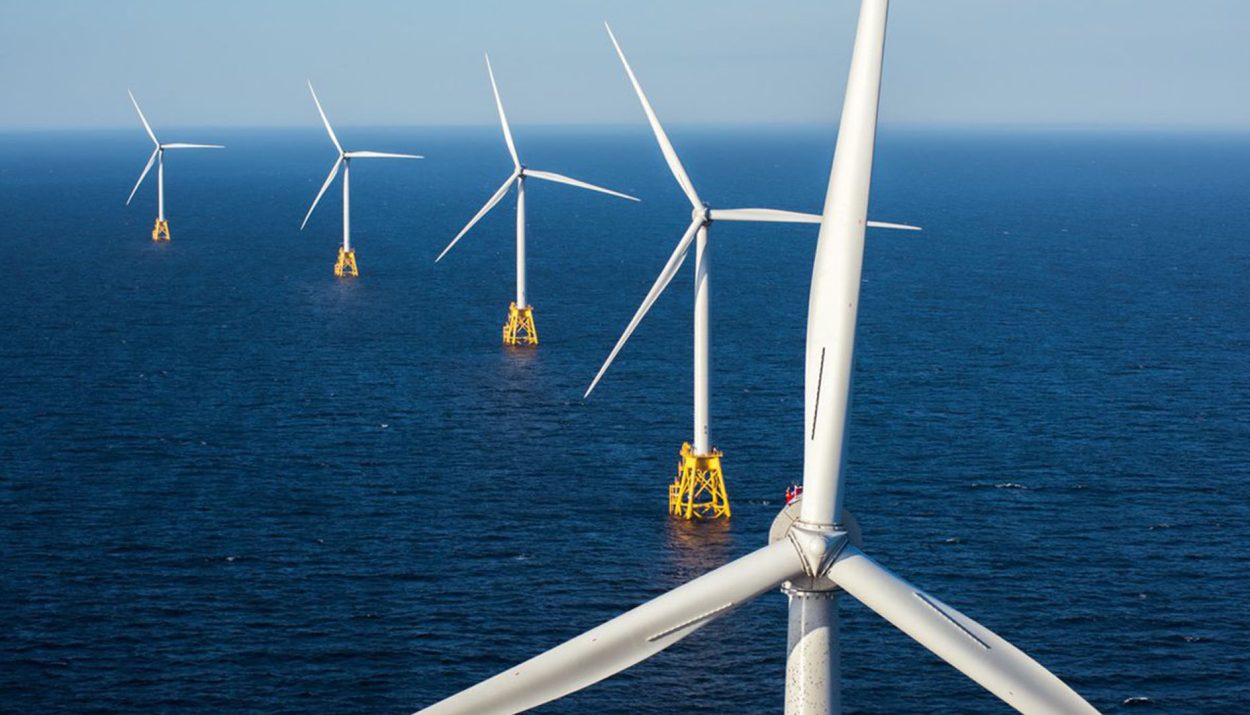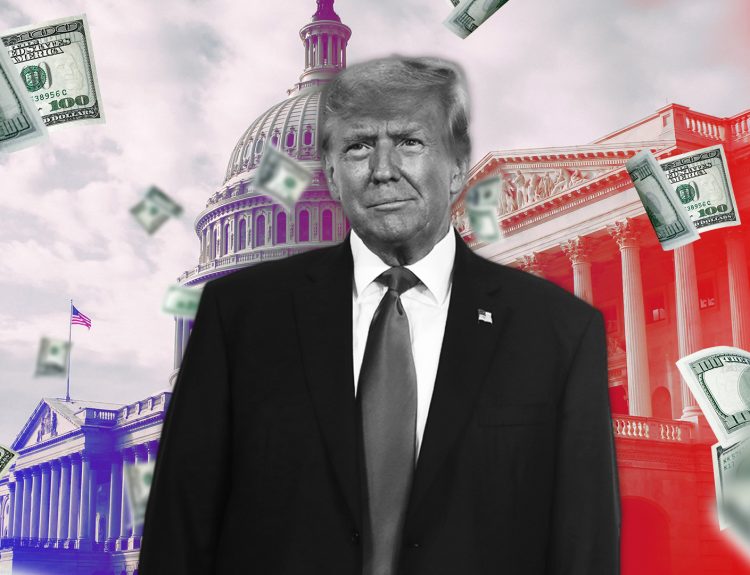Green energy is a conversation that has ramped up in recent years as data about global warming becomes more common, more accessible, and altogether more terrifying. Climate scientists have warned countries across the world about our obligation to cut emissions in order to mitigate future climate disaster, but it’s been a message that has, sadly, largely fallen on deaf ears.
The Alarm on Climate Change
Scientists have been sounding the alarm about climate change for decades, ever since preliminary data came out that suggested that global warming was rising significantly as a direct result of human influence.
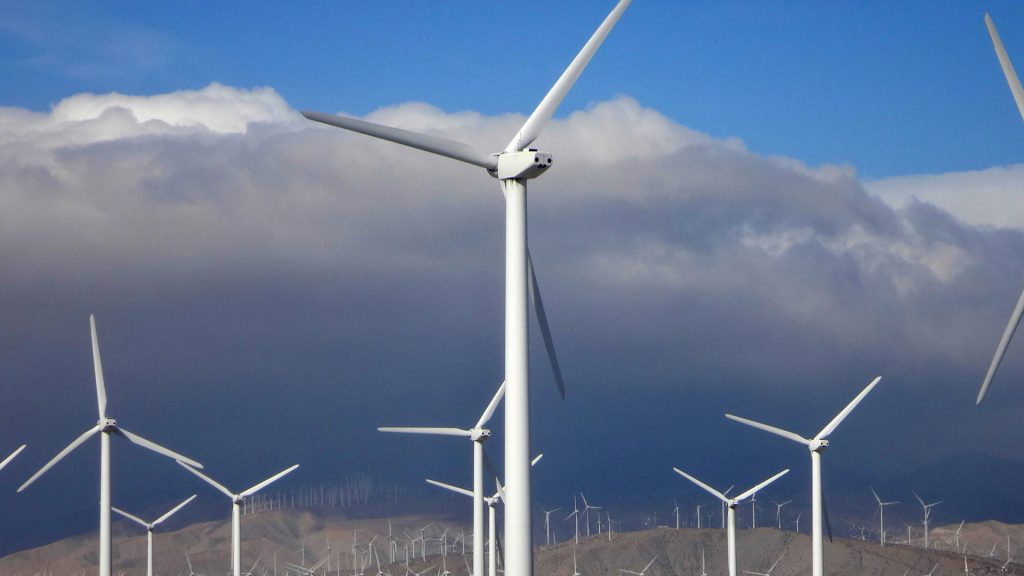
Politicians have been dismissing this information for decades on both sides of the aisle, though liberals have taken the cause of green energy up as one of their landmark platforms in recent years. Far left liberals have been pushing for the “Green New Deal” which would significantly fund efforts and research into green energy in an effort to mitigate climate change.
A Challenge in Messaging
Unsurprisingly, most of these efforts have fallen flat. A large part of the issue that comes with climate change is messaging. Even liberals who have run on climate platforms and won – such as Joe Biden in 2020 – have struggled to impart the importance of climate change to voters.
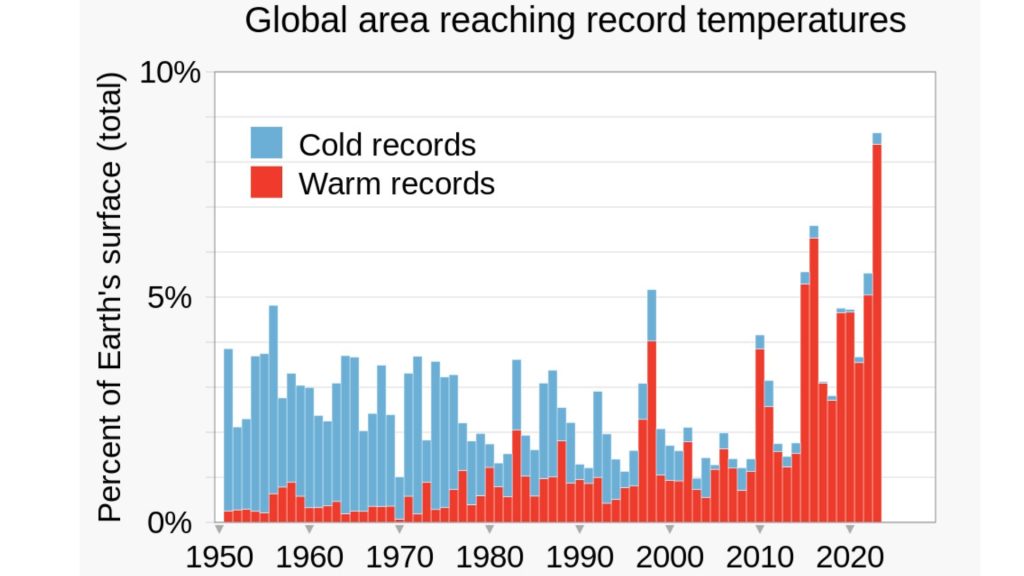
There has also been a rather insidious, targeted campaign that has been occurring over the last several decades that has downplayed climate change. In particular, misinformation about clean energy projects has made it difficult for politicians and advocates to gather support from citizens and donors, hampering progress.
A Climate Change Report
Regarding these targeted campaigns, information has recently come to light that has revealed who exactly has been at the head of many of these campaigns. While there’s been suspects in the past, hard information regarding the source of misinformation, particularly on the internet, has been hard to come by.
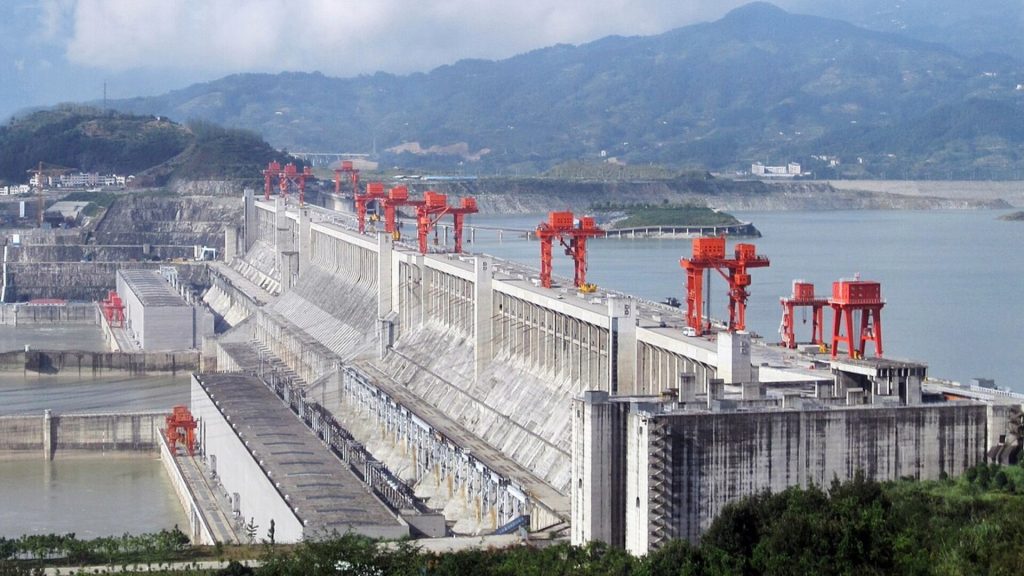
In October of 2022, a report by a climate journalist by the name of Michael Thomas shone a light on multiple sources of misinformation that was running rampant through Facebook groups at the time. These groups were all opposed to clean energy projects in a very loud way, resulting in real negative impacts on communities and the environment as a whole.
Not a Fluke
This was not a fluke, either. Thomas’ report, as well as public posts on Twitter, detailed how these posts on Facebook were changing voters’ minds regarding climate change policy and green energy projects.
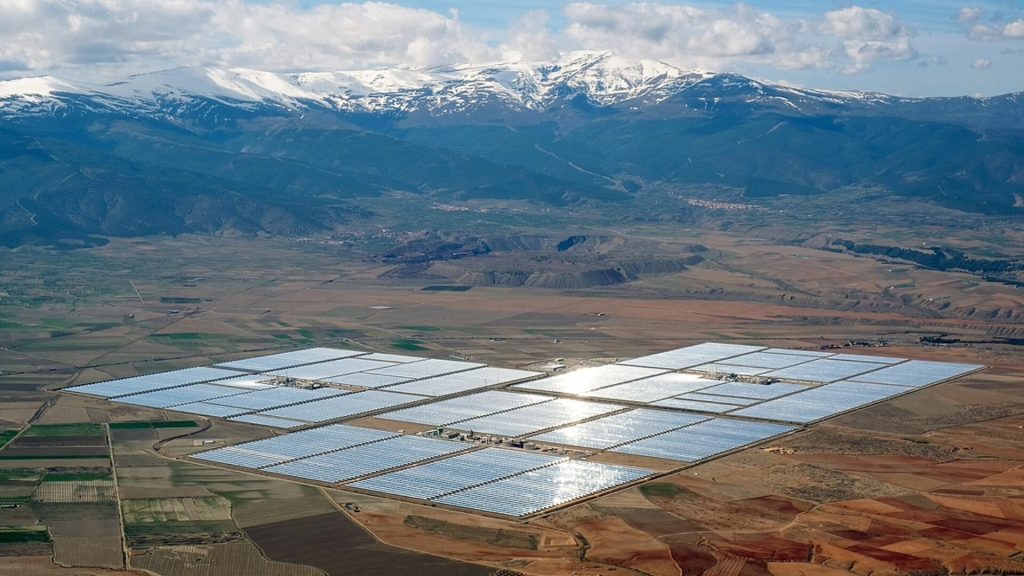
Ultimately, these posts were having the effect of slowing down the transition from fossil fuels to clean energy. If this had been one group posting about this and making these efforts, it could be disregarded as a one-off. However, the campaigns stretched across multiple apps, making it clear that these campaigns were not only well organized, but well funded.
The Misinformation From Drilling Companies
According to Thomas’ report, the source of the funding has come from dirty energy companies like oil conglomerates who drill offshore for crude oil. This has been a common practice, for dirty energy companies to give money to national think tanks that work to influence public opinion.
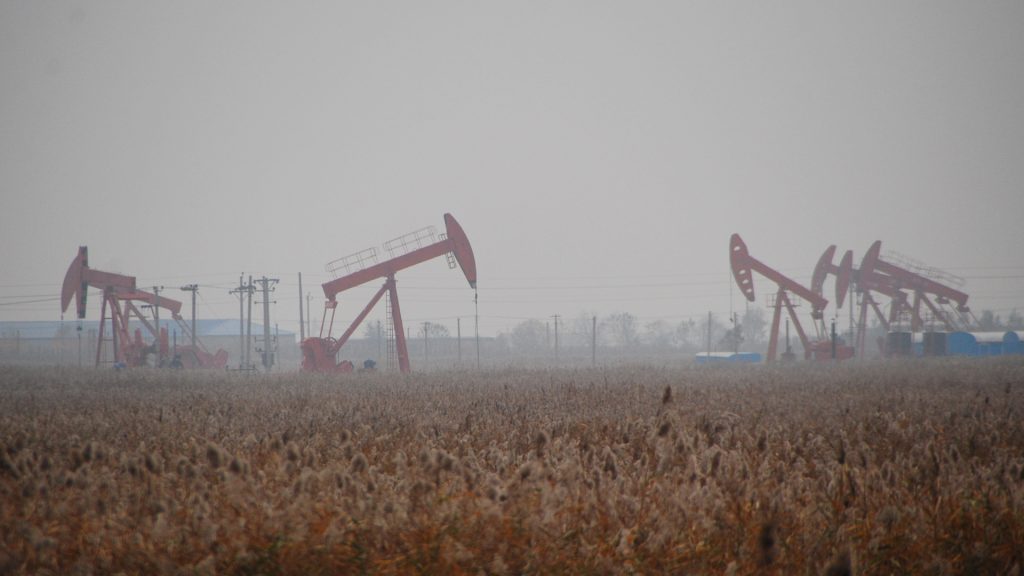
In other words, companies that are pushing for offshore drilling have a vested interest in discouraging the building of green energy projects, such as offshore windmills. They are working to prevent these projects through the insidious spread of information through popular social media platforms like Facebook.
A Recent Example
A recent example was published in a Delaware newspaper in November of last year. The article was rife with misinformation, and described offshore wind as “an environmental wrecking ball.” It was written by David Stevenson, director of the Center for Energy and Environmental Policy at the Caesar Rodney Institute.
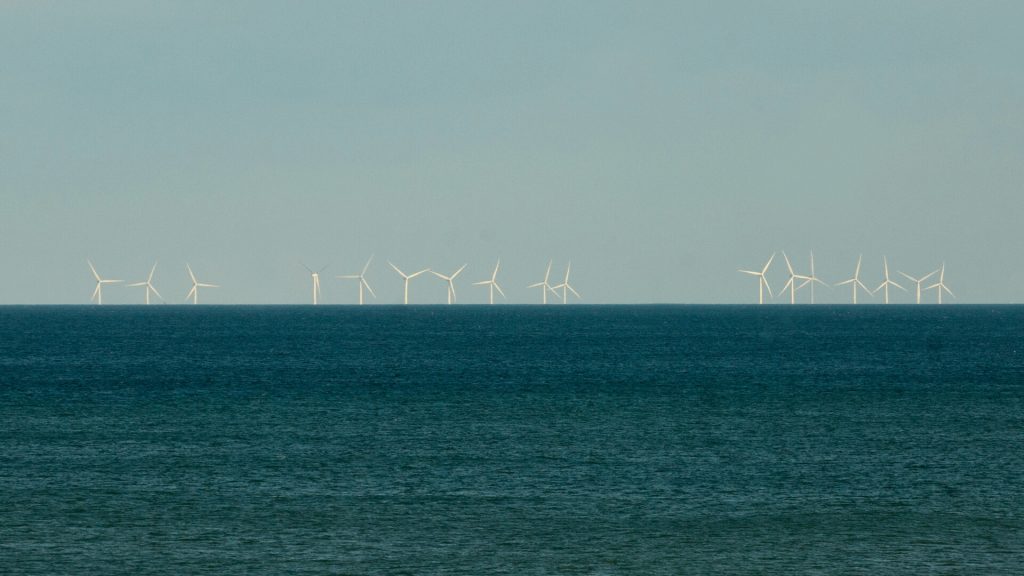
This organization is a conservative think tank that works to shift policy in favor of dirty energy, according to CAP 20. CRI recently received thousands of dollars from the American Fuel and Petrochemical manufacturers and American Energy Alliance, further proof of their political and economic leanings.
Politicians Are Guilty Too
Think tanks and conglomerates are not the only ones who influence misinformation campaigns, either. In September, former President Donald Trump claimed that offshore windmills “are causing whales to die in numbers never seen before.”
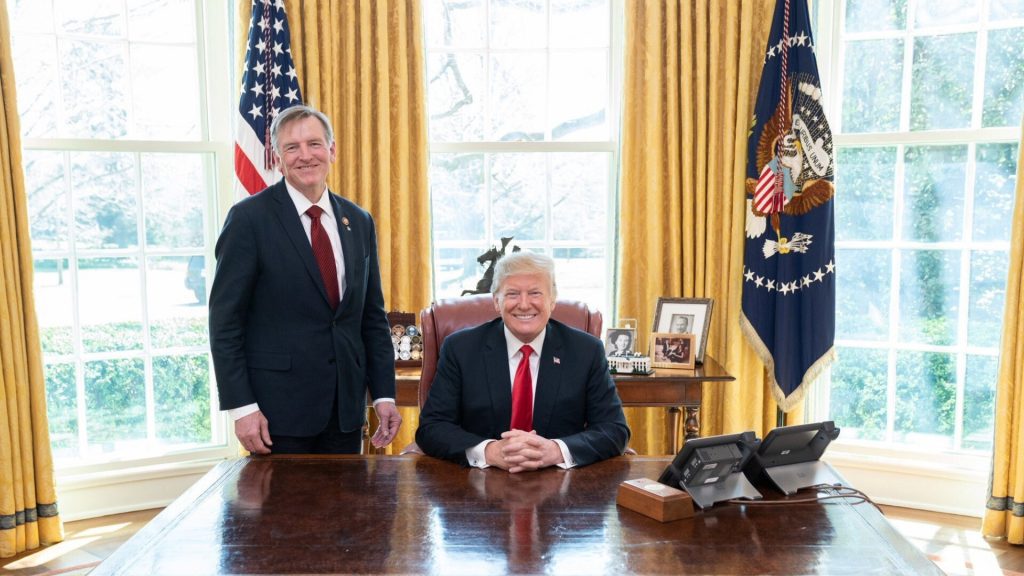
This wild, and completely unsupported statement was made during a rally in South Carolina during his presidential primary campaign. In point of fact, the number one cause of death in humpback whales that washed up on American beaches was human interaction, including factors like getting tangled in fishing nets.
Local Regulations Are Untrustworthy
Unfortunately, efforts to address these misinformation campaigns have fallen flat. Many people still are mistrustful of information that is released by the Department of Energy and other experts in the field.
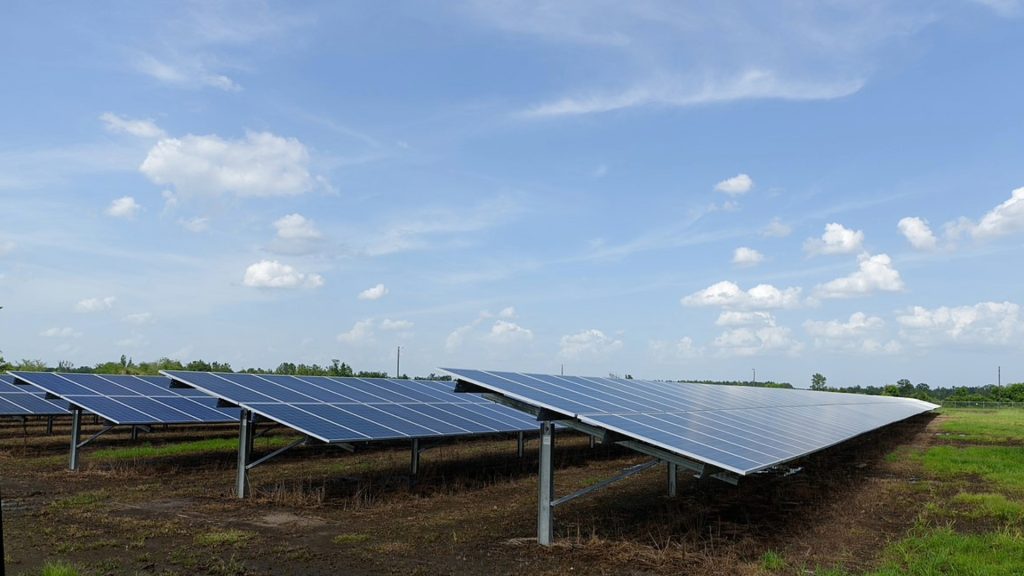
Because of this, many regulations concerning wind and solar farms are still made at the local level. Unfortunately, many of the individuals making these local regulations are not experts in energy or green projects, but they still make confident statements that are unsupported as fact.
The Future of Green Energy
Despite the misinformation campaigns, green energy projects are well underway. While it isn’t surprising that dirty energy and Big Oil companies are behind the misinformation, it is rather discouraging.

Particularly as more members of Gen Z enter the voting bloc, a group of people who has stated that climate change and the environment are paramount issues to them, politicians and big companies alike are going to have to pivot their messaging. The environment can’t be ignored anymore, no matter how much Big Oil’s profits will suffer.

